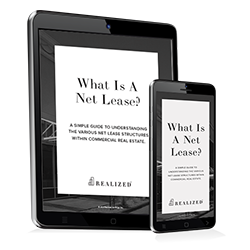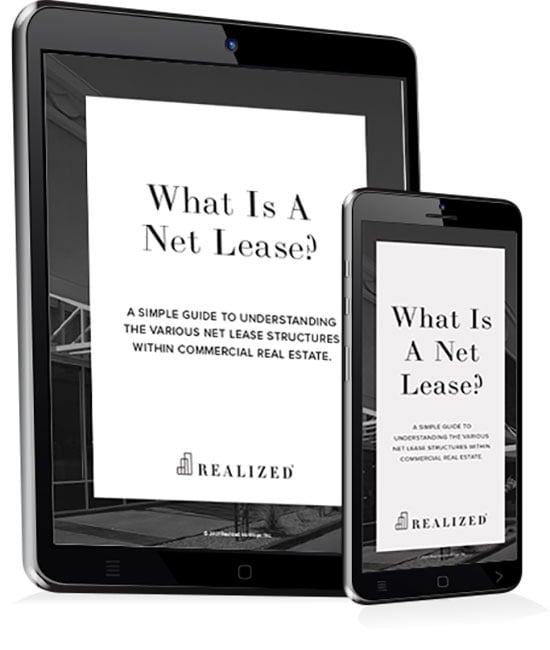
As an investor in commercial real estate, you know that ownership is never risk-free or without effort required. There is typically significant effort necessary to manage your properties, even if you engage professional assistance. Still, some assets are more labor-intense than others, and the type of lease you use can make a big difference. Let's look at the difference between a triple net (NNN) lease and a full-service lease and how the choice can affect you.
What Is a Triple Net Lease?
A triple net lease, often referred to as NNN, is one in which the tenant is responsible for paying all the property's operating costs and the rent. The included expenses usually include taxes, insurance, and maintenance but usually exclude the cost of structural repairs. Sometimes a triple net lease is confused with an absolute net lease, and the primary difference between these is who pays for structural repairs. However, keep in mind that the term's usage can vary, so it’s wise to review the details of any lease, regardless of how it is named.
How Is a Full-Service Lease Different?
You may hear full-service leases referred to as gross leases. In this case, the tenant pays only the rent, and the owner/landlord pays all other expenses, such as taxes, maintenance, utilities, and repairs. It’s essentially the opposite of a triple net lease. However, it's more accurate to think of leases as being on a spectrum from triple net to full service, with individual variations.
Which Lease Is Better?
The base rent will typically be less under a triple net lease than a full-service lease since the tenant will pay the operating expenses with that agreement. This arrangement means that the tenant assumes the risk of high utility bills, for example, but also controls their usage. The tenant also bears the risk of increasing insurance premiums but conversely can benefit from a decrease.
Often, an investor will select the NNN lease for a long-term agreement with a national tenant. This arrangement can provide the owner with a lower risk of vacancy and less concern over unexpected expenses due to repairs or other upkeep and operating costs. From the investor perspective, the downside is that the long-term lease prevents the owner from responding to potential opportunities to increase the rent amount if values in the area increase. However, the owner may be able to sell the property with the tenant intact. The lease can be an attractive selling point for potential buyers.
Single or Anchor Tenants May Benefit From the Triple Net
Suppose the tenant is a retail chain. They may prefer to lock in their location and control over the property but without the need to own real estate. A solo or master tenant can pursue that goal with a triple net lease that provides them with control and security by maintaining a long-term lease and the ability to select the minor tenants, if applicable. If the tenant wants a stable location, the NNN lease may offer more opportunities and provide the owner/investor with the option of passive income.
This material is for general information and educational purposes only. Information is based on data gathered from what we believe are reliable sources. It is not guaranteed as to accuracy, does not purport to be complete and is not intended to be used as a primary basis for investment decisions.



